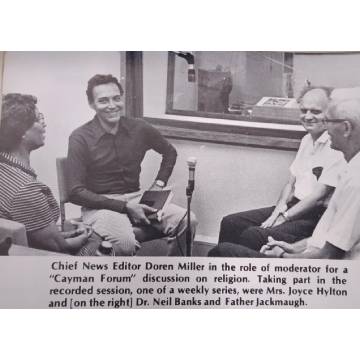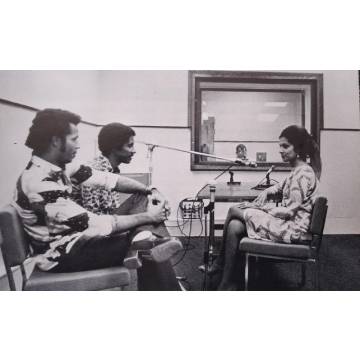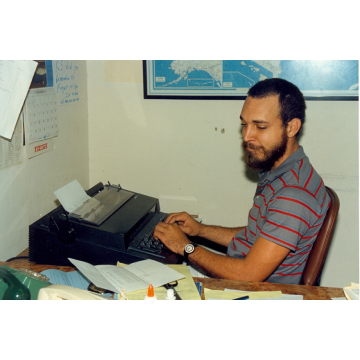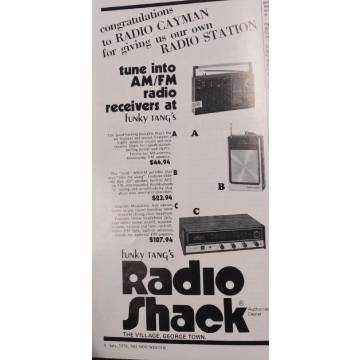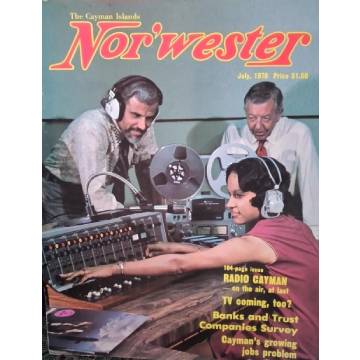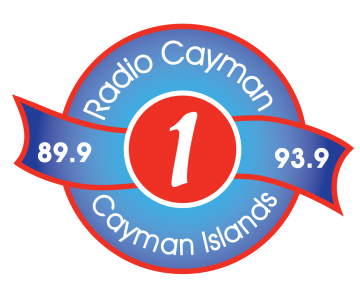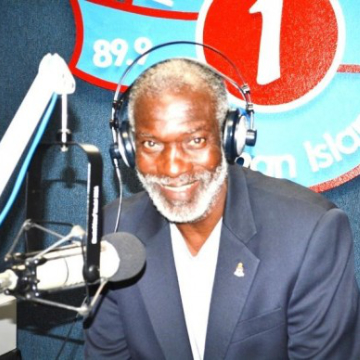News
HSA introduces new procedure with world’s smallest insertable cardiac monitor
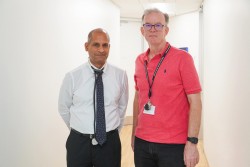
The Health Services Authority (HSA) is pleased to introduce a procedure that allows our patient’s heart to be monitored remotely by a physician using the world’s smallest insertable cardiac monitor, the Medtronic LINQ monitor.
The implantation of a Medtronic LINQ monitor offers patients a more advanced and convenient way to monitor their heart for irregular heartbeats 24/7 without any change to their daily activities. This can help their physicians determine if their heart is causing their symptoms and recommend the most effective treatment. The device has a small lithium battery that can usually last 3-4 years and the procedure to implant the monitor takes approximately 15 minutes under local anaesthetic.
HSA patient, Mr John Fahy, noted that after the procedure there was no discomfort, minimal scarring and the monitor was not visible under his skin. He also feels reassured that his heart is constantly being monitored.
“Prior to my follow-up, the cardiologist analyzed the data from the monitor which showed that two very brief episodes of atrial fibrillation (AF) were detected that I was unaware of. Having a Medtronic monitor implanted has immediately had a positive impact on my treatment,” said Mr Fahy.
HSA Cardiologist, Dr Brian Noronha stated, “A physician may recommend a heart monitor for patients with symptoms that could be caused by abnormal heartbeats such as atrial fibrillation, heart palpitations, stroke and unexplained fainting. However, abnormal heartbeats can be difficult to catch and diagnose. They may not happen regularly, and a patient may not feel them happen.”
Dr Noronha explained that certain forms of heart monitoring such as an electrocardiogram (EKG) or continuous Holter monitoring involves the attachment of cables and electrodes to the patient’s skin, which can be a cumbersome and uncomfortable process that may sometimes interfere with the person’s daily activities and may not always be effective at detecting an abnormal heartbeat.
This was the case for patient John Fahy who had previously worn a Holter monitor for a short period once a year due to a history of atrial fibrillation (AF). “My previous monitor was inconvenient and only checked what was happening for that brief period of time.”
Dr Brian Noronha is a Cardiologist at HSA’s Cardiology Clinic at Smith Road Medical Centre. He is a member of the Royal College of Physicians, London and the Royal College of Physicians, Ireland. He completed his doctorate in medicine at Kings College London and his specialist training in Internal Medicine and Cardiology in Liverpool and London. His clinical interests are transthoracic echocardiography, exercise and dobutamine stress echocardiography, transesophageal echocardiography, cardiac computed tomography, knowledge of nuclear stress echocardiography, implantable loop recorders, radial and femoral angiography, single and dual chamber pacemakers and ICD and pacemaker battery replacements.
For more information about the Cardiology Clinic visit hsa.ky or call 949-8600.


